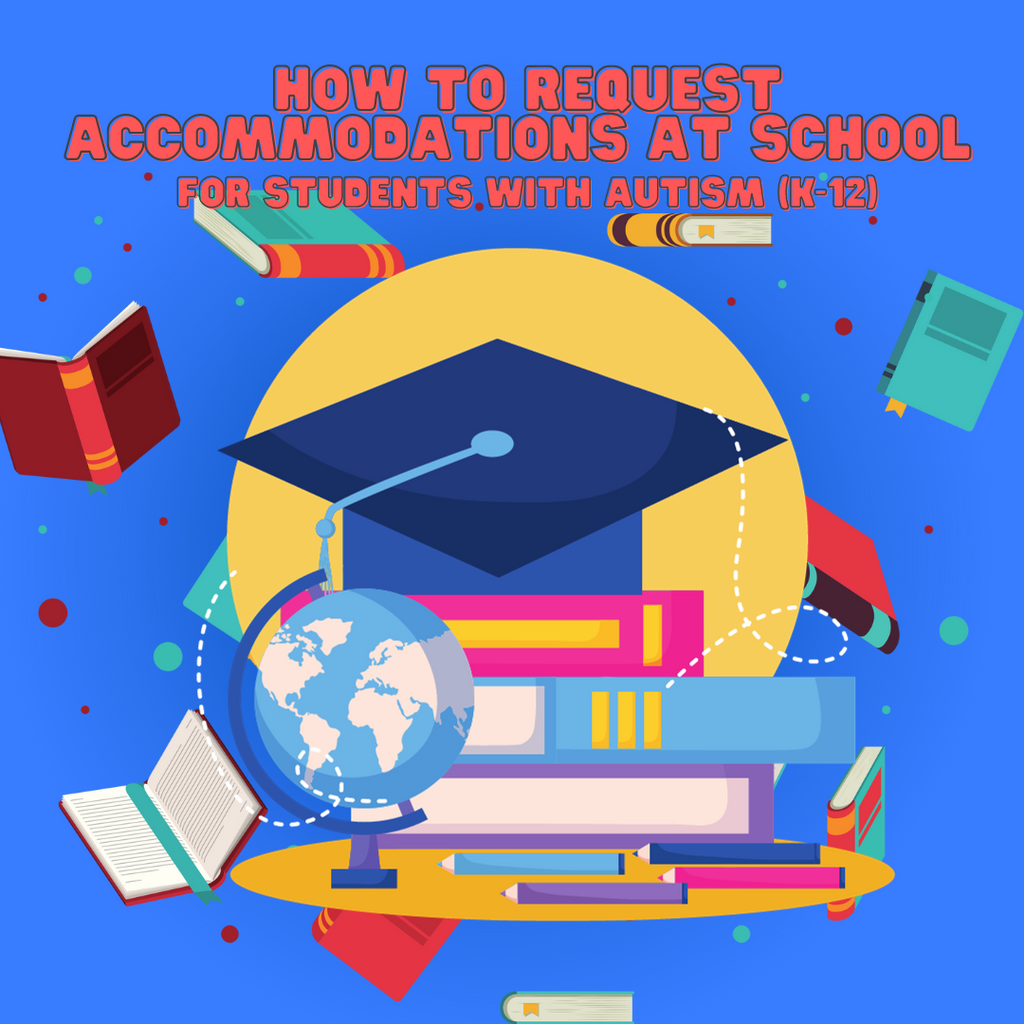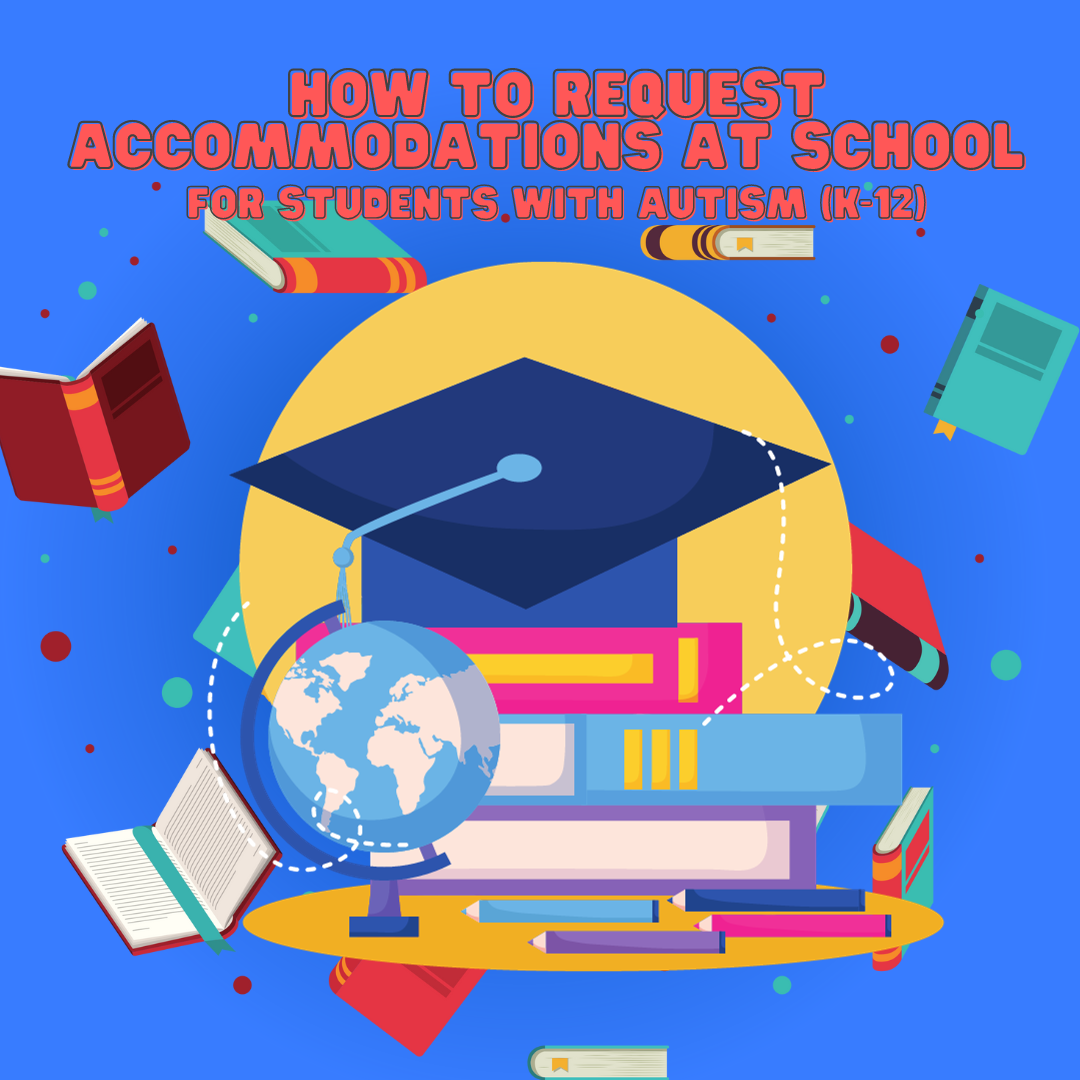
In a world that is filled with diversity, understanding autism and the education system is crucial. We often herald the achievements of those who think differently—innovators, artists, and visionaries.
But like every unique way of experiencing the world, it often requires a tailored approach, especially in the education system. This article aims to guide parents and guardians of autistic children on how to request accommodations in K-12 schools, ensuring that their children receive an inclusive education that respects and nurtures their individual needs.
1. Understand the Rights of Your Child
Individuals with Disabilities Education Act (IDEA): This U.S. federal law mandates that public schools serve the educational needs of eligible students with disabilities, including those with autism.
Section 504 of the Rehabilitation Act: This civil rights law prevents discrimination against individuals with disabilities and guarantees certain rights in public school settings.
The Americans with Disabilities Act (ADA): This broad civil rights law covers both public and private institutions (except religious institutions) and ensures equal opportunities for individuals with disabilities.
2. Communicate with the School
a. Schedule a Meeting: Engage with the school’s special education team or counselor. Express your concerns, share insights about your child’s strengths and challenges, and discuss potential accommodations.
b. Be Collaborative: Remember, teachers and school administrators want to see students succeed. While you advocate for your child, also listen to their suggestions.
3. Get a Professional Evaluation
If your child hasn't been evaluated yet, consider getting a professional assessment. Schools often require documented evidence of a disability to provide accommodations. This can be conducted by clinical psychologists, pediatric neurologists, or other licensed professionals.
4. Develop an Individualized Education Plan (IEP) or 504 Plan
Depending on the needs of your child:
-
IEP: A detailed plan tailored to your child’s unique needs, offering specialized instruction and services.
-
504 Plan: A plan ensuring your child has equal access to education, typically involving classroom accommodations like extended test times.
5. Suggested Accommodations for Autistic Students
- Structured routines: Clear daily schedules can help students anticipate and prepare for activities.
- Visual aids: Visual schedules, graphic organizers, or flashcards can enhance understanding.
- Sensory breaks: Short breaks to help students self-regulate and manage sensory sensitivities.
- Alternative testing environments: Quieter settings can reduce anxiety and distractions.
- Social stories: Tools that help students navigate social situations and understand expectations.
- Assistive technology: Devices or software tailored to the student's needs, such as speech-to-text or specialized communication apps.
6. Review and Update Regularly
As your child grows and their needs evolve, it's essential to revisit and revise the IEP or 504 Plan regularly. Annual reviews are standard, but if significant challenges or changes arise, don't hesitate to request a meeting sooner.
Final Thoughts
Autistic individuals, just like everyone else, thrive in environments that understand and cater to their needs. It's not about changing them but adapting the environment to allow them to shine.
Inspired by my journey with my brother, let us remember: It’s not about “fitting in” but rather creating a world where every unique perspective is celebrated.
For more resources, stories, and insights on autism, subscribe to our blog and join our community in making a difference.
(Note: Laws mentioned are U.S.-based. If you are from another country, ensure to refer to the respective local regulations and laws concerning disabilities and education.)

